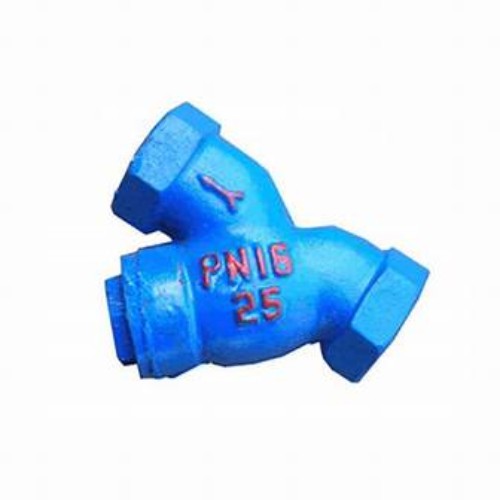Understanding the Functionality and Applications of DC Electric Actuators in Automation Systems
Understanding DC Electric Actuators A Key Component in Modern Automation
DC electric actuators have become an essential element in various automation applications, providing precise control, reliability, and efficiency. These devices convert electrical energy into mechanical motion, enabling systems to perform tasks such as opening valves, positioning machinery, or adjusting components in industrial processes.
Understanding DC Electric Actuators A Key Component in Modern Automation
One significant advantage of DC electric actuators is their ease of control. With advancements in electronic control systems, these actuators can be modulated with high precision using pulse-width modulation (PWM) techniques. Operators can easily adjust the speed and position of the actuator, allowing for automated processes that require intricate movements and variations. This level of control is particularly valuable in robotics, where accurate positioning is crucial.
dc electric actuator

Moreover, DC electric actuators operate quietly and produce minimal vibrations, which is ideal for environments where noise reduction is a priority. Unlike pneumatic or hydraulic systems, which may require extensive setup and maintenance, DC electric actuators need less infrastructure and are generally easier to install. Their simplicity and lower operational costs contribute to higher efficiency in both industrial and commercial applications.
In terms of power supply, DC electric actuators can be powered by batteries or direct electrical connections, providing flexibility in installation and usage. This adaptability has made them popular in various fields, from automotive and aerospace to consumer appliances and medical devices. As technology progresses towards more intelligent systems, the integration of sensors and feedback mechanisms with DC actuators facilitates advanced automation capabilities.
However, as with any technology, there are considerations to keep in mind. DC electric actuators may require proper heat management as they can generate heat during prolonged use. Additionally, while they offer great torque and speed, the design must be matched to the application to ensure optimal performance and longevity.
In conclusion, DC electric actuators represent a vital component of modern automation technology. Their precision, quiet operation, and adaptability make them suitable for a vast array of applications. As industries continue to innovate and deploy automation solutions, the role of DC electric actuators will undoubtedly expand, contributing to efficiency and effectiveness in numerous sectors. Whether in manufacturing, robotics, or consumer products, understanding their functionality and advantages is essential for harnessing their full potential.
-
The Key to Fluid Control: Exploring the Advantages of Ball Valves in Industrial SystemsNewsJul.09,2025
-
The Versatile World of 1, 2, and 3 Piece Ball ValvesNewsJul.09,2025
-
Stainless Steel Ball Valves: The Ideal Choice for Efficient Flow ControlNewsJul.09,2025
-
Optimizing Fluid Control with Ball Float ValvesNewsJul.09,2025
-
Manual Gate Valves: Essential for Control and EfficiencyNewsJul.09,2025
-
Everything You Need to Know About Butterfly ValvesNewsJul.09,2025
-
The Versatility of Wafer Type Butterfly ValvesNewsJul.08,2025




